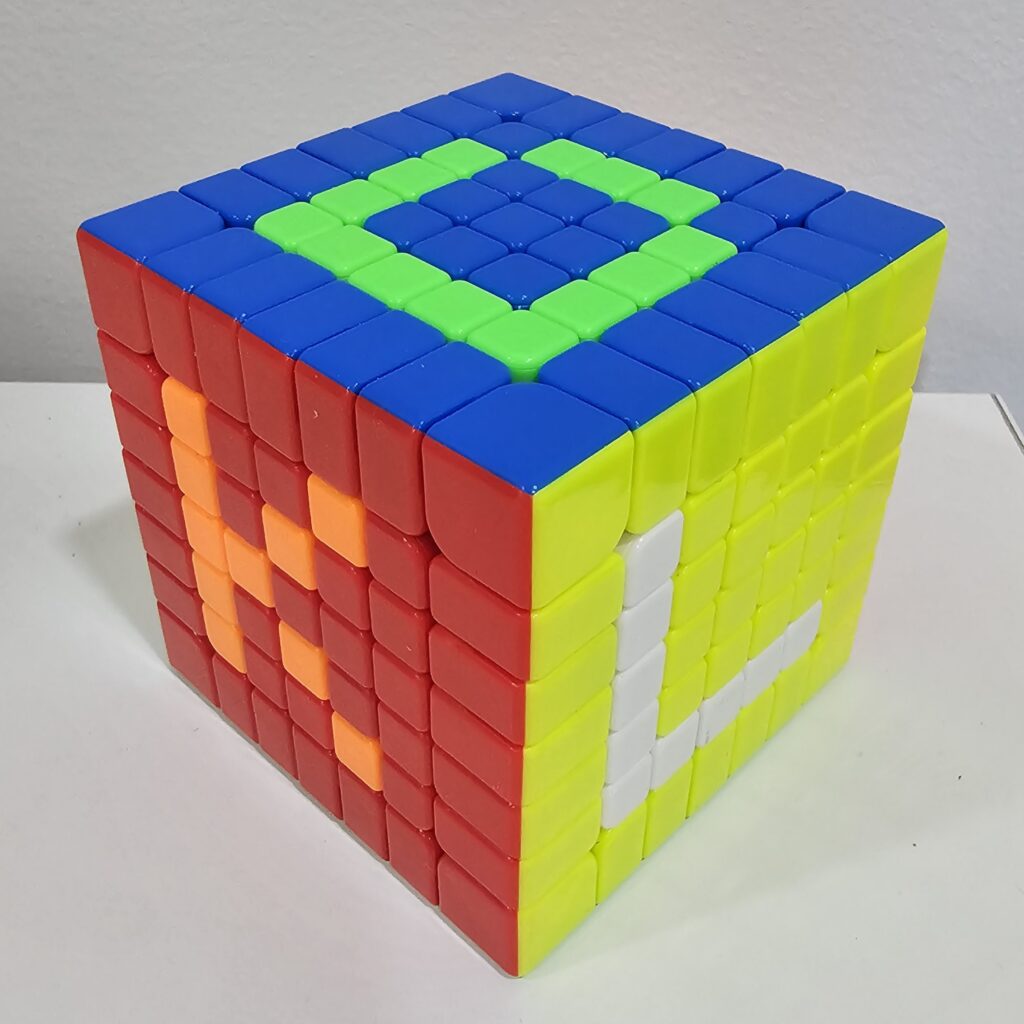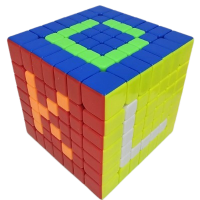Growing up, I was always fascinated by people who could accomplish hard to replicate feats; as a 10 year old, solving a Rubik’s cube fell in this category. With the help of a library book (if only YouTube had existed back then!) I taught myself the solving algorithms which are still committed to memory. I’m drawn to this experience as an illustration of unstructured learning that requires very little prior education. Interestingly, even though I hold a mathematics related college degree, I still have no understanding of the equations behind the solving algorithms.
The lesson here is we don’t always need a relevant formal education to develop a new skill, and in fact, our self-identified expertise inadvertently places artificial mental constraints on our perceived capacity for future learning. Our perception of “difficulty” is too often clouded by the mistaken assumption that substantial prerequisite expertise is necessary to create value in a new domain. Furthermore, we often underestimate the ability of staff and colleagues to contribute in unproven situations. Approaching solving the Rubik’s cube by believing I needed to learn the underlying math first would have likely led me to discouragement and failure.
To overcome this mindset, immerse yourself in unfamiliar tasks with a focused intent on acquiring only the pertinent knowledge needed for the specific task at hand. This limited scope is far less daunting than becoming an expert, but no less effective for your circumstances. Today, generative AI tools can give you quite the head start. As a manager, routinely assign ambiguous projects to your top performers and observe how they acquire knowledge and make meaningful contributions, even when they lack expertise. After all, most people easily learn to make cookies but few understand the chemistry behind how the ingredients optimize the baking process.

Discover more from The Broader Application
Subscribe to get the latest posts sent to your email.
